I had a client once who informed me that they did not think the IRS could come after them, after all they were young, in graduate school and were working a nice finance job in the city which had flexible hours. Boy, were they every wrong! Instead of asking for help during tax time, my client had decided to do their taxes themselves and ended up falsifying certain numbers to obtain a cushy deduction. While you are reading this, you are probably wondering what was going through their head? It is a simple case of “I can do everything myself and don’t need an expert for help.” When I was having trouble with the drainage pipes in my kitchen, I called an expert aka the plumber to help me resolve the issue. 18 months later my client got a call and a letter from the IRS informing them that they had undergo an audit.
An IRS is emphatically the worst-case scenario for all small businesses and individuals. The IRS has up to 36 months from the original date of filing to pursue an audit. The IRS will send you a digitally selected notice when it detects a problem with your business or individual tax return. The letter is called the CP-2000 letter, why would this be sent to you? Let us suppose that you incorrectly classified $700 dollars as interest income when it should have been dividends. Remember the burden of proof is always on YOU! The IRS does not care that you were on top of all of your past tax returns and have a stellar record. If you hire a tax pro/CPA to help guide you with proper record keeping for taxes, then you have nothing to worry about.
If you are a small business owner like a Sole Prop which makes less than $100,000 then you might be called into the IRS’s regional office for an office audit. These are not as expansive or complex like field audits. Field Audits are a whole another realm of IRS complexity, in this situation you have almost zero control over what the IRS audit team decides to examine. The best thing to do here is to request that a field audit be held off your business premise. Auditors generally look for personal expenses disguised as business expenses, for instance if you take thousands of dollars in travel, meal & entertainment expense then the IRS will see it as a red flag. Again, here are few strategies that you can implement right away to keep the likelihood of an audit to zero:
1. Excellent recordkeeping (keep track of all of your expenses)
2. Hire a pro-active CPA who can analyze your situation and make the right recommendations for deductions & write offs.
3. Keep your CPA informed of all major investments or purchases that you plan on making.
4. Consult an attorney if you are worried about the possibility of tax fraud.
People do not hire their CPA’s because they want to file taxes, they hire them because most EA’s and bookkeepers cannot provide you the level of expertise a strategic CPA can. The FitBiz CPA team can teach you about the key strategies you can deploy while undergoing an audit. When preparing for an audit make sure you bring everything from bank statements, canceled checks, general ledger, records, receipts, electronic records etc. You get the picture; the IRS leaves no stones unturned. The IRS is always anxious to close out an audit if it gets prolonged. Since they only have 3 years to audit, the FitBiz CPA can teach you key strategies to use when coming out victorious in an IRS audit.

